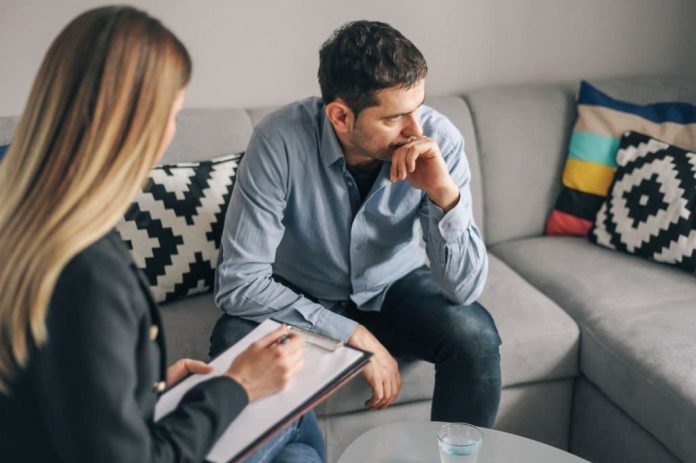Just as two individuals don’t get affected the same way by anxiety and depression, there is no one-size-fits-all therapy. What works for one individual may not work for you.
A perfect way to treat anxiety or depression is to get informed about the possible therapy options and tailor them afterward to meet all your requirements.
In most cases, it is advisable to visit https://essentialcarenj.com/ for treatment and work with a reliable expert to determine the right therapy for you. Some of the therapy the expert can recommend for you include:
Table of Contents
1. Humanistic Therapy
This is an approach that looks at how your worldview impacts all your decisions, particularly choices causing you distress. It depends on the belief that you are the right person to understand your needs and experiences.
A humanistic therapist works to help you understand what you experience, giving you support and guidance without interpreting feelings for you.
2. CBT (Cognitive Behavioral Therapy)
CBT for anxiety and depression combines two established techniques – behavioral and cognitive therapies. Since both of these techniques are popular for being effective in treating depression, they work together and might be used as a strong method referred to as cognitive behavior therapy.
This technique concentrates on changing negative behaviors and thought processes that contribute to the symptoms of depression.
3. DBT (Dialectical Behavior Therapy)
This is the same as CBT. Though dialectical behavior therapy concentrates more on accepting uncomfortable feelings/thoughts, being mindful, and regulating emotions.
Therapists use this therapy to help an individual find a perfect balance between acceptance and change. Using this therapy, a therapist may teach patients new skills, like mindfulness practices and ways of coping with different situations.
4. IPT (Interpersonal Therapy)
This structured therapy focuses on problems in the personal skills and relationships required to deal with depression and anxiety. The therapy is based on the idea that relationship issues might have an impact on a person experiencing anxiety and depression and may even contribute to their cause.
IPT can help you identify relationship patterns, making you vulnerable to depression. Identifying those patterns means you may concentrate on important relationships, cope with grief, and even look for ways to get along with others.
5. Group or Individual Therapy
For most, therapy is a session with therapists. But the truth is that group therapies might be helpful in anxiety and depression treatment too.
Both individual and group therapy sessions last for one hour or so. In individual therapy, you will be building a solid relationship with just one person, and you may be comfortable sharing sensitive details with the individual compared to group therapy. Plus, you will have individualized attention.
On the other hand, group therapy sessions involve listening to peers who are also going through the same things. This will help validate your experience and build self-esteem.
Final Touches!
Depression and anxiety can be very overwhelming, particularly if you live with the two conditions. You don’t necessarily have to deal with these conditions alone. Getting the support and the kind of therapy you need will go a long way. But it would be best to consult your doctor to recommend you the right therapy for your condition.




